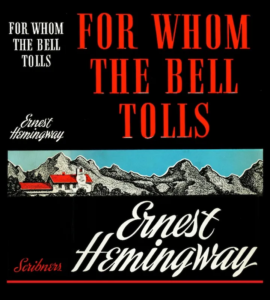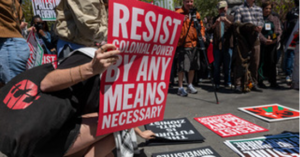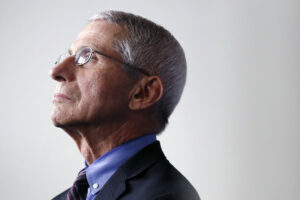For Whom the Bell Tolls

By Ernest Hemingway
Originally published in 1940
480 pages
After reading The Hemingway Stories, the collection I reviewed on May 13, I pulled an old copy of For Whom the Bells Tolls from my home library, read it over the weekend, and was not the least bit disappointed.
I know a few smart people that don’t like Hemingway. One of them restricts his reading to non-fiction books and considers fiction largely a waste of his time. When I convinced him to read a Hemingway novel a decade ago, he complained that he found Hemingway’s style “irritating.”
An otherwise well-read woman friend says she doesn’t like Hemingway’s fiction because it is too “macho.” She equates his machismo to an aspect of toxic masculinity – i.e., talking endlessly about things (such as fishing and hunting and bullfighting) that are, from her perspective, “irrelevant and superficial.”
On the one hand, I am perfectly happy to excuse their Hemingway-phobia as a case of each-to-his-own. On the other hand, I secretly believe there is something missing in their literary sensibility that is worthy of condemnation or pity.
But never mind. I’m recommending For Whom the Bell Tolls to everyone that either enjoys Hemingway or is undecided because they have never read him.
The Plot
For Whom the Bell Tolls tells the story of Robert Jordan, an antifascist American volunteer fighting in the Spanish Civil War in the 1930s. It is based on Hemingway’s experiences as a reporter during that war for the North American Newspaper Alliance.
What I Liked About It
What I always like in Hemingway. His prose style, which includes his unique way of composing sentences and paragraphs. His characters and their development. The way he establishes the mise-en-scene. The precision of his diction, the detail of his descriptions, his discipline of showing not telling, and the way he is able to put the reader into the action as a sort of invisible eavesdropper. I even like the way Hemingway makes dialog spoken in Spanish sound foreign by using antiquated English adjectives and pronouns.
What I Didn’t Like
As with all my favorite novelists – C. Dickens, M. Twain, J. Austen, W. Cather, Dostoevsky, V. Nabokov, G. Orwell, J. Conrad, F.S. Fitzgerald, D. Hammer, E. Waugh, R. Chandler, R.P. Warren, J. Steinbeck, G. Greene, and M. Amis, to name more than you wanted to hear – there is really nothing in Hemingway’s writing that I don’t like. (And I have a much longer list of novelists I like very much, but with reservations.)
Critical Reception
“If the function of a writer is to reveal reality,” Maxwell Perkins wrote to Hemingway after reading the manuscript, “no one ever so completely performed it.”
Widely considered to be one of the best war novels of all time, the Pulitzer Prize committee for letters unanimously recommended For Whom the Bell Tolls be awarded the Pulitzer Prize for the Novel in 1941. The Pulitzer board agreed. However, Nicholas Murray Butler, president of Columbia University and ex officio head of the board at that time, found the novel offensive and persuaded the board to reverse its determination. As a result, no Pulitzer was given in that category that year.








